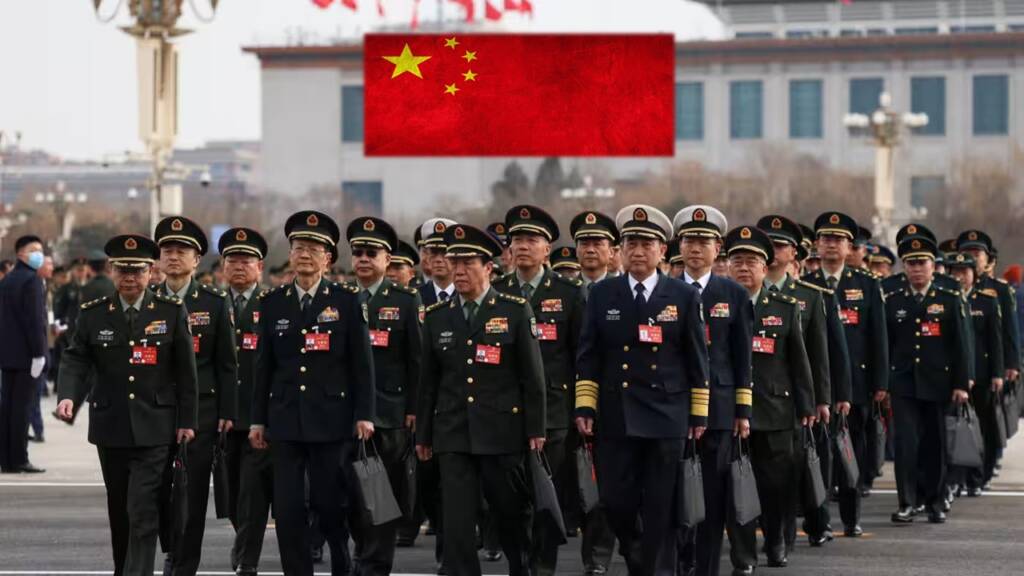China’s defense spending for 2024 is projected to increase by 7.2%, surpassing the economic growth target of approximately 5%. The Ministry of Finance presented the annual budget plan to the National People’s Congress, indicating a significant rise in defense allocation. The approved budget for 2024 stands at nearly 1.67 trillion yuan ($232 billion), reflecting the country’s commitment to bolstering its military capabilities.
China’s military expansion has consistently surged by over 7% for the third consecutive year, aligning with the spending patterns observed during former Premier Li Keqiang’s tenure. Despite a slowing economy, the draft budget emphasizes defense as a “key area” with “obligatory commitments,” alongside technological advancement, rural revitalization, and environmental protection.
Join us on Telegram: https://t.me/tfiglobal
The Finance Ministry underscores the alignment of this sustained increase with “fully implementing Xi Jinping’s thinking on strengthening the military.” The draft document highlights the ministry’s commitment to providing robust financial support for the modernization of national defense and armed forces, aiming to fortify integrated national strategies and strategic capabilities.
Constituting around 40% of the expected central government expenditure of 4.152 trillion yuan, defense spending maintains its status as a core component of the Chinese national budget. This allocation is approximately ten times that of the education budget and nearly five times greater than the budget for science and technology. The Finance Ministry asserts that defense spending remains a “priority,” even as it trims general expenditures in strict adherence to belt-tightening requirements.
Read More: China Showcases Naval Might with Enhanced Coast Guard Fleet
China stands as the second-largest global spender on military endeavors, trailing only the United States. The nation has been reinforcing its armed forces, particularly in light of heightened tensions with Washington and Western nations, coupled with ongoing disputes involving Taiwan, the South China Sea, and the East China Sea. President Xi Jinping has underscored the significance of preparing for the upcoming 100th anniversary of the People’s Liberation Army in 2027.
In September of the previous year, U.S. Senator Dan Sullivan, a member of the Senate Armed Services Committee, disclosed information suggesting that China’s actual military expenditure could be closer to approximately $700 billion. This estimate, based on a briefing from intelligence officials, surpasses threefold the amount specified in China’s officially declared military spending plan.
The specific particulars of the recent defense budget enlargement remain undisclosed, yet the primary objective appears to center on narrowing the gap with the United States. This pursuit involves bolstering conventional weaponry to address the deficit in nuclear capabilities.
Read More: China Data Leak Reveals Cyber-Spying Surge in Southeast Asia
During a news conference on Monday, Lou Qinjian, spokesperson for the National People’s Congress (NPC), emphasized that China’s augmentation of the defense budget is deemed “reasonable.” This assertion is made within the framework of considering the gross domestic product and the overarching national budget.
The emphasis on reasonableness underscores an effort to align the growth in defense spending with the broader economic context and national financial priorities, as articulated by the NPC spokesperson.
